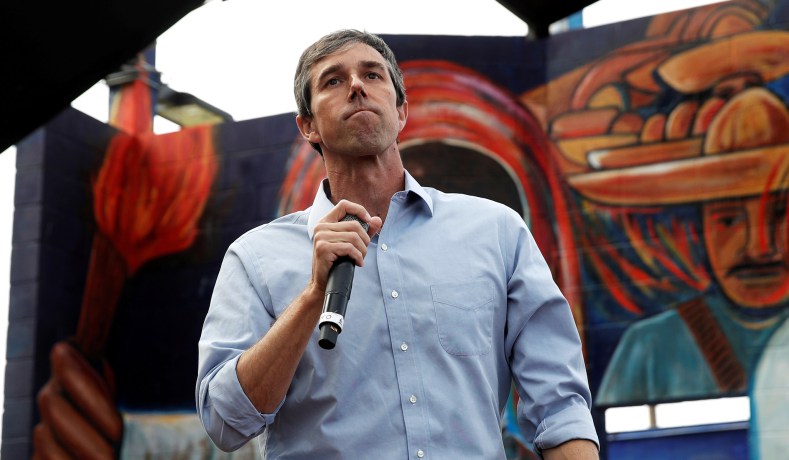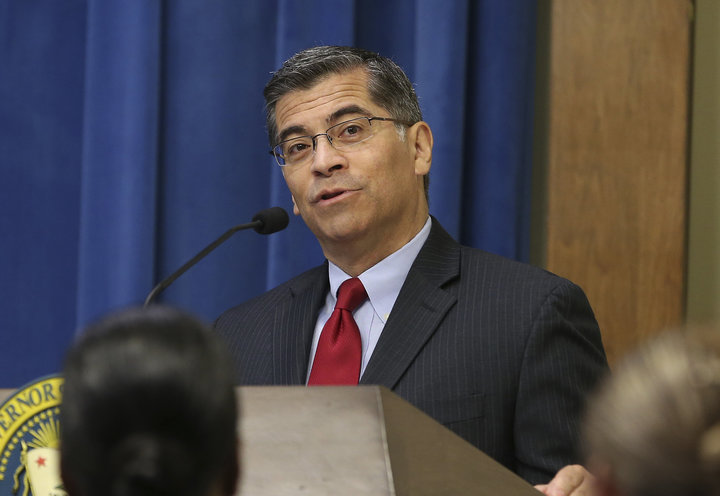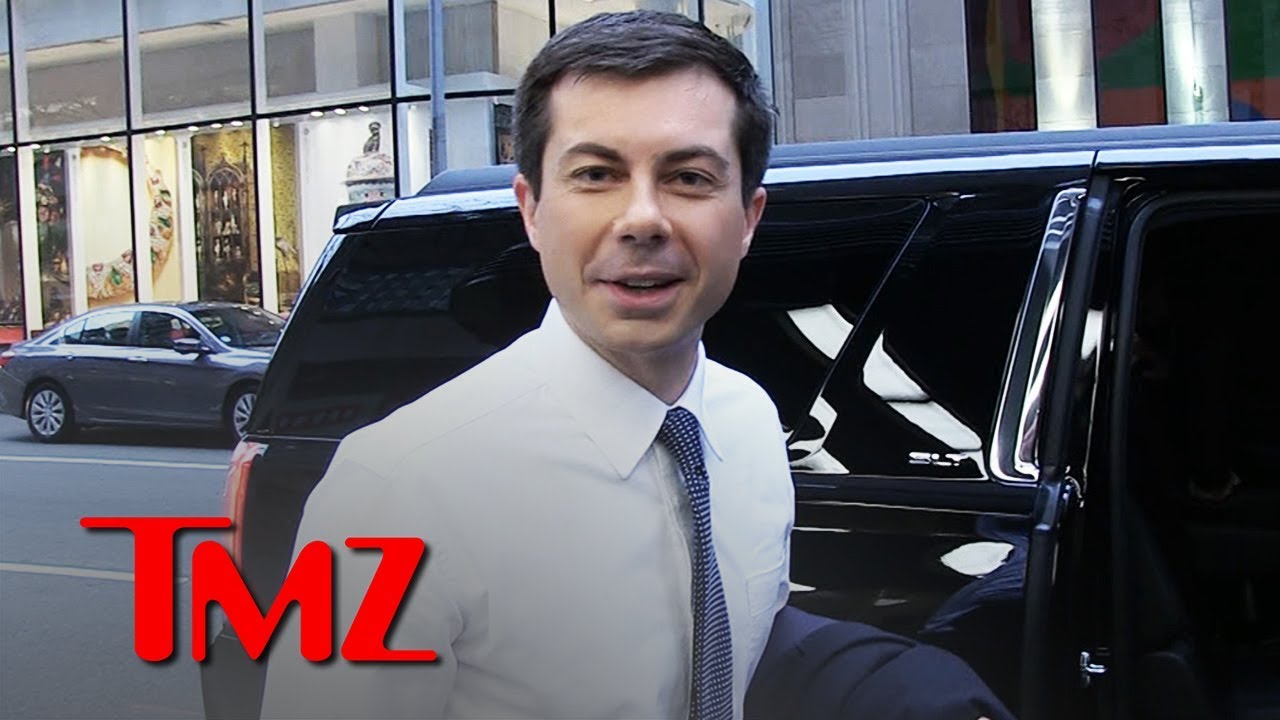

Of course the Democrats are still mad for Beto: He is who they are.
Some of my conservative friends are mystified by the apparently enduring appeal of Robert Francis O’Rourke, a.k.a. “Beto,” the faux-Hispanic progressive from El Paso who failed to unseat conservative stalwart Senator Ted Cruz in spite of a flood of money and a tsunami of media adulation. “He lost, didn’t he?” they ask, perplexed.
There is an answer to this riddle: snobbery.
The Democratic party is the political home of snobbery, a word and a concept often misunderstood. Snobbery does not refer to the cultivated preferences of those refined persons who order the ’82 Bordeaux because it is their mothers’ milk or who have an iTunes library full of Liszt because the sound of Cardi B fills them with discomfort and anxiety. The genuinely refined — particularly those cocooned by wealth — usually are not much interested in the enthusiasms or tastes of others, whereas the snob is obsessed with his own discernment relative to the low and vulgar tastes of those around him. The snob is the kind of man who sees a pair of Wranglers and sneers at the life he imagines they represent: $42,000 a year, tract house, SUV, work boots, Garth Brooks, Donald Trump. The snob isn’t a man of exacting tastes, but a poseur: The word derives from an older English word for a shoemaker’s apprentice and is intended to convey contempt for vulgar social climbers who aped the manners and tastes of the upper classes.
There is a peculiar paradox at the heart of modern progressivism: Progressives, especially Democratic candidates for office, claim to speak for the poor, the low-income, the marginalized, those born and raised without the benefits and (inevitable word) privilege of a Bush or a Romney or a McCain. But, at the same time, there is nothing they hate worse than somebody who comes from such a background entering public life: You’ll recall the sneering at Sarah Palin’s education — six years spread out over four colleges, none of them very good ones. There are many good criticisms to be made of Sarah Palin and the shtick into which she eventually sank, but she is a self-made woman who entered public service in one of the least glamorous and least lucrative ways, as mayor of a small city — as thankless a job as there is in elected office. She was ridiculed as a “snowbilly” and worse.
And who was doing the ridiculing? There are eight schools in the Ivy League, but pare that down to the two most famous institutions: Harvard and Yale. You would have to go back to Walter Mondale to encounter a Democratic presidential candidate who did not have an affiliation with one or the other. The Republicans have their share of Ivy Leaguers, too, including Donald Trump of Penn and Mitt Romney of Harvard Law. But you’d have to go back only to John McCain (and Bob Dole before him) to exit the Ivies. Dan Quayle was mocked for his night-school law degree, sometimes by reporters who could barely spell their own names; Richard Nixon was condescended to by the Harvard elite he hated so intensely; Ronald Reagan’s education at Eureka College was held up for scorn.
I myself am an unapologetic elitist; I am only pointing out the contradiction.
John Kennedy, young and handsome and Harvard-educated, arguably marked the beginning of Democratic politics as snobbery-by-proxy — “no class,” he famously said of Richard Nixon, a man born in a house his father built with his own hands. But, for many years after Camelot, the Democratic party remained dominated by bring-home-the-bacon politicians of the once-familiar kind, dairy-state organized-labor candidates like Mondale and Hubert Humphrey (both graduates of the University of Minnesota), and agrarian liberals like George McGovern (of Dakota Wesleyan University) and, probably most significant, Lyndon Johnson (of Southwest Texas State Teachers’ College). Then came the Harvard-Yale parade: Bill Clinton, Al Gore, John Kerry, Barack Obama, Hillary Rodham Clinton — and, very likely, Elizabeth Warren (Harvard Law), Cory Booker (Yale Law), Amy Klobuchar (Yale), etc.
In Oliver Stone’s fever-dream Nixon, the embattled president stands in front of the famous portrait of the martyr John F. Kennedy, which he addresses with a mix of bitterness, self-pity, and awe: “When they look at you, they see what they want to be. When they look at me, they see what they are.” That is exactly right. As the American presidency becomes ever-more caesaropapist — even as the government over which the chief magistrate presides becomes ever-more dysfunctional — the presidency is no longer about what we used to conventionally understand as politics. Instead, the president has become a totem, an object of popular veneration who supposedly embodies who we are.
The progressive mourning of the passing of the Obama era is rarely if ever about policies or decisions coming out of the Oval Office but about what progressives thought they saw of themselves in the mirror of his public persona: “President Barack Obama, a model of grace, dignity, and class, will be missed”; “The Obamas were a master class in dignity and civility”; “I will remember President Obama for his dignity”; “We’ll miss grace, dignity of Obama family.”
The people to whom Democrats condescend express similar feelings about Sarah Palin and Donald Trump, who are lionized for standing up to that condescension.
Which brings us back to Señor O’Rourke, the most oleaginous, condescending, and sanctimonious man in American politics at the moment. He talks a good man-of-the-people game, as most progressives do, but who he is, is who progressives are and who they want to be: a rich white liberal with political power, from a family of rich white liberals with political power. He has the prep-school diploma and the Ivy League imprimatur, too.
As one does.



